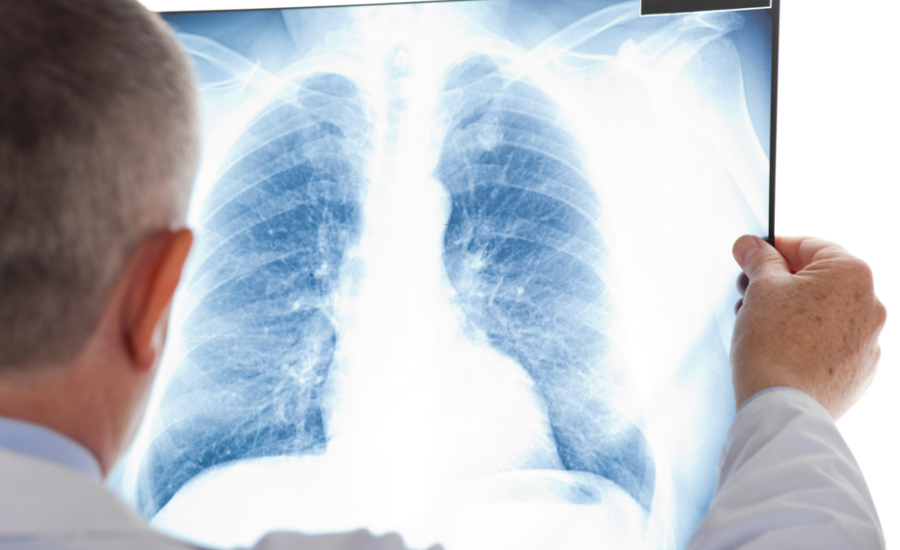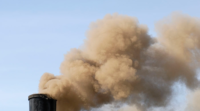More black lung victims = more lung transplants

Credit: Getty Images
The rapid rise in severe cases of black lung disease has seen a corresponding increase in lifesaving and expensive lung transplants, which are mostly paid for by public insurance, according to a new study by the National Institute for Occupational Safety and Health (NIOSH). Researchers found that the rate of lung transplants related to coal workers’ pneumoconiosis (CWP) has increased nearly threefold. “That suggested pretty strongly to us that this is a problem that’s getting worse,” said David J. Blackley DrPH, the study’s lead author.
Blackley and fellow researchers Cara N. Halldin PhD and A. Scott Laney PhD also found that, compared to other occupational lung diseases, transplants for CWP were more likely to be paid for by public insurance, with 26 percent of the costs paid for by Medicare and approximately 24 percent by the federal Black Lung Disability Trust Fund. Coal company-funded insurance from coal companies covered about a third of the transplant costs.
The researchers used Organ Procurement and Transplantation Network data to update the trend for CWP‐related lung transplants, describe CWP patients who have been waitlisted but not transplanted, and characterize the primary payer of medical costs for CWP‐related and other occupational lung disease transplants.
Lung transplants are risky procedures and generally do not extend the recipient’s lifespan beyond five years.
The researchers concluded that the increase in the frequency and rate of lung transplantation for CWP is consistent with the rising prevalence of severe CWP among U.S. coal miners.
Their conclusion: effective exposure controls and identification of early stage CWP remain essential for protecting these workers.
The debilitating and fatal disease has begun to affect younger miners with fewer years of exposure to the respirable coal dust that causes CWP. Researchers estimate that one in five experienced miners have some form of the disease.
Looking for a reprint of this article?
From high-res PDFs to custom plaques, order your copy today!




